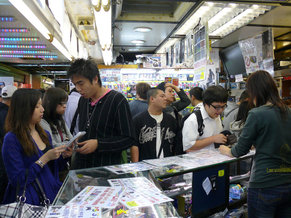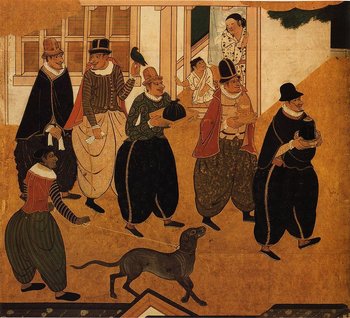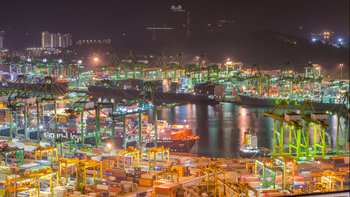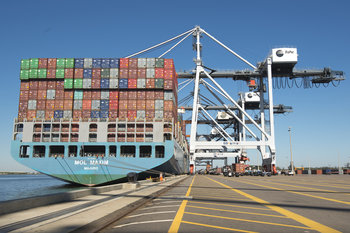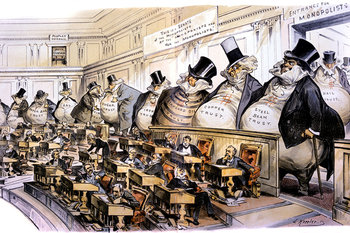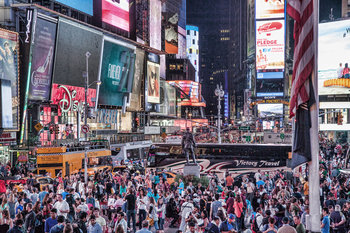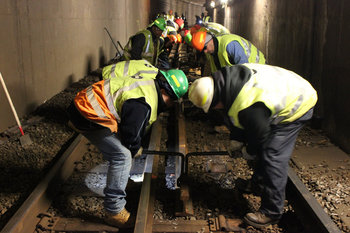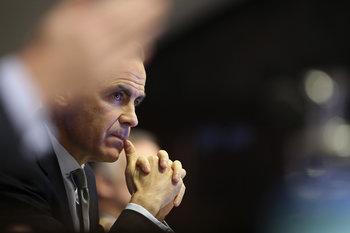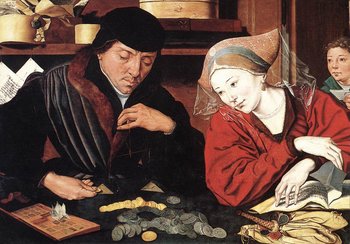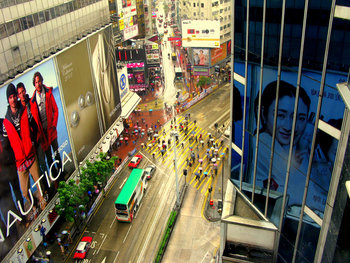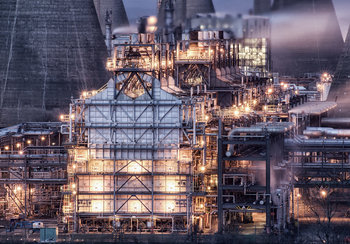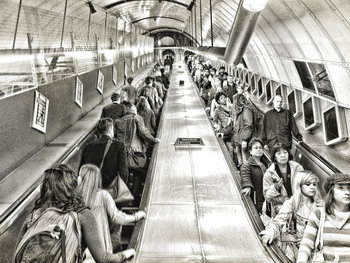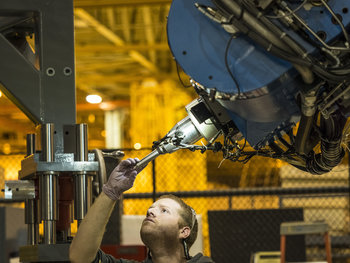Perfect Competition
A mostly theoretical type of market where supply and demand are in perfect equilibrium. This is efficient as it maximizes the value, also known as utility, delivered to consumers. Real markets can be close to perfect but are never completely perfect because this requires things such as perfect information that generally don't exist.Competitive Market
A market that is close to perfect with slight imperfections such as sellers that have an information advantage over buyers. In a free market system, markets are considered competitive where there are a large numbers of buyers and sellers with nobody dominating the market. In the United States a large number of markets are competitive such as:Bakeries | Clothing |
Food | Hotels |
Housing | Labor |
Land | Restaurants |
Stocks | Vehicles |
Oligopoly
A market dominated by a small number of sellers. This can be somewhat efficient if there is lively competition between these sellers. The following are examples of industries that are arguably oligopolies in many developed nations.Accounting Firms | Agricultural Biotechnology |
Agrochemicals | Airlines |
Banking | Credit Rating |
Fast Moving Consumer Goods | Information Technology |
Media | Mobile Devices |
Duopoly
A market dominated by two firms. This gives these firms a great deal of market power such that markets can be viewed as inefficient. The following industries are commonly duopolies, depending on the nation and product category.Agricultural Biotechnology | Agrochemicals |
Aircraft | Airlines |
Energy | Information Technology |
Mobile Devices | Telecom |
Utilities |
Monopoly
A market dominated by a single firm such that buyers have no choice. This leads to inefficiencies such as high prices, low quality, poor service and unfair terms. Monopolies often exist at the national or regional level such as a nation or region with a single airline or state controlled media. Monopolies can also be created by intellectual property rights and other barriers to entry.Airlines | Biotechnology |
Capital Equipment | Information Technology |
Media | Public Transportation |
Telecom | Trains |
Monopsony
A market with a single buyer such that sellers are extremely dependent on the buyer and have no negotiating power.Capital Equipment | Goods in a Communist System (e.g. agriculture that must be sold to the government) |
Labor in a Communist Country (i.e. a nation where the state is the only employer) | Medicine in a Country With Universal Public Healthcare |
| Overview: Market Types | ||
Type | ||
Definition | A venue of exchange. | |
Related Concepts | ||

